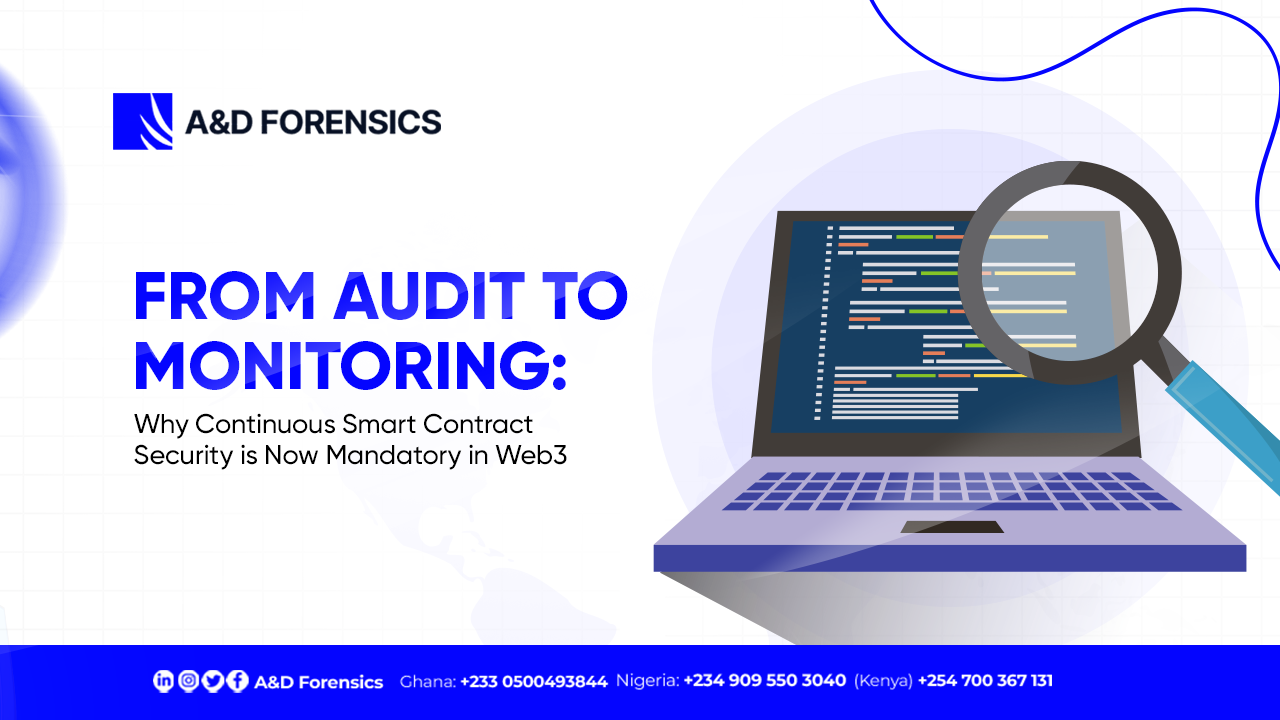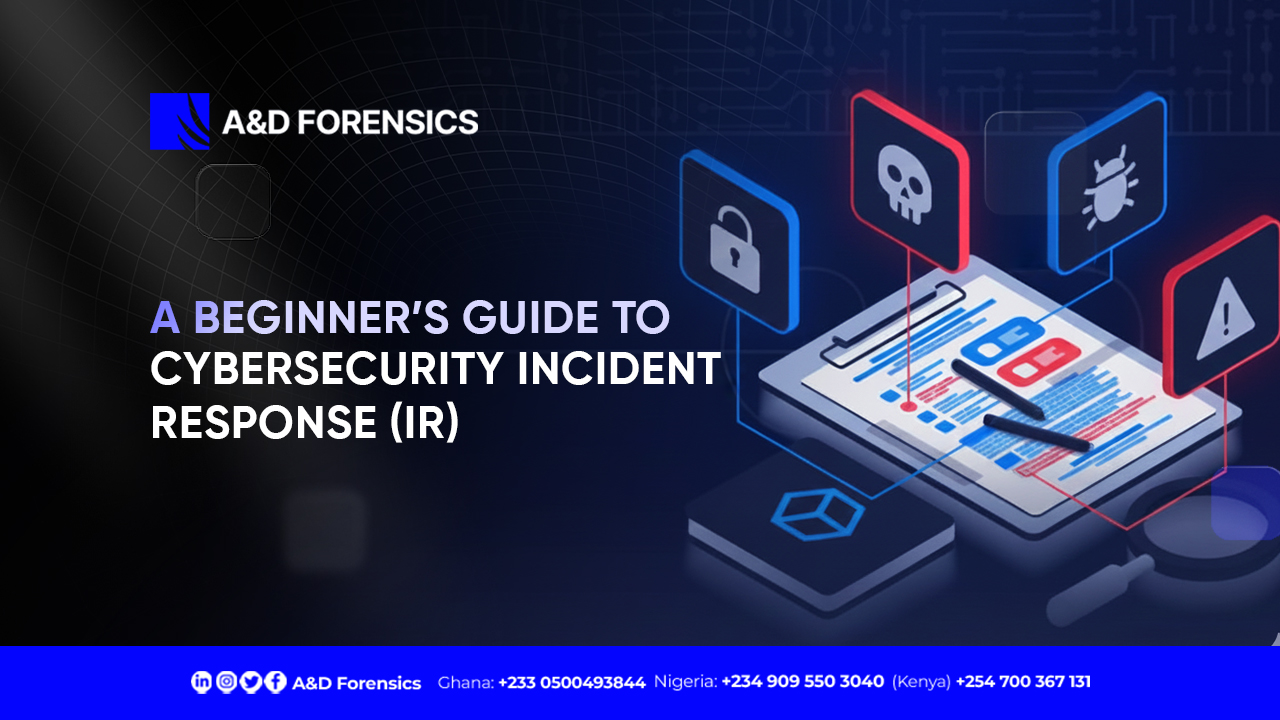Building your first web application is exciting, you’re creating something useful, interactive, and maybe even game-changing! But as a beginner, it’s easy to overlook security. Hackers don’t care if you’re new; they’ll exploit any weakness they find. The good news? You don’t need to be a cybersecurity expert to make your web app safer. In this guide, we’ll cover simple, beginner-friendly security measures to protect your app, your users, and your peace of mind.
1. Implementing Strong Password Protection
If your web application has logins (for you or your users), weak passwords are an open invitation to trouble.
- What to Do: Encourage or enforce passwords that are at least 8-12 characters long, with a mix of letters, numbers, and symbols. Store them securely not as plain text!
- Beginner Tip: Use a tool like bcrypt (available in most programming languages) to “hash” passwords. Hashing turns them into unreadable gibberish that’s still safe for logins.
- Why It Matters: A strong password system stops attackers from guessing or cracking their way in.
2. Turn On HTTPS (It’s Easier Than You Think!)
HTTPS keeps data safe as it travels between your web application and your users, like locking it in a digital vault.
- What to Do: Get a free SSL certificate from Let’s Encrypt and set it up on your web server or hosting platform.
- Beginner Tip: If you’re using a platform like Heroku, Netlify, or GitHub Pages, they often offer a one-click HTTPS setup check their docs!
- Why It Matters: Without HTTPS, anyone on the same network (like public Wi-Fi) could spy on your app’s traffic.
3. Don’t Trust User Input
Anything users type into your web application forms, search bars, or comments, could be dangerous if you don’t check it.
- What to Do: Always “clean” input by removing weird characters or scripts. For example, if you expect a name, reject anything that looks like code.
- Beginner Tip: Use built-in features in frameworks like React (dangerouslySetInnerHTML avoid it!) or libraries like sanitize-html to strip out bad stuff.
- Why It Matters: This stops tricks like “SQL injection” or “XSS,” where attackers sneak in harmful code.
4. Keep Your Tools Updated
Your web application relies on code frameworks, libraries, or plugins and outdated versions can have known security holes.
- What to Do: Regularly update your web application components (e.g., Node.js, WordPress plugins, Python packages).
- Beginner Tip: If you’re using a package manager like npm or pip, run commands like npm update or pip install –upgrade to stay current.
- Why It Matters: Updates patch vulnerabilities that hackers already know how to exploit.
5. Hide Sensitive Stuff
API keys, database passwords, or secret codes shouldn’t be visible in your web application code.
- What to Do: Store these in “environment variables” (like a secret locker) instead of hardcoding them.
- Beginner Tip: Use a .env file with a library like dotenv (for Node.js, Python, etc.) and keep that file out of your public GitHub repo, add it to .gitignore!
- Why It Matters: If someone sees your keys, they can misuse them to access your services or data.
6. Limit What Users Can Do
Not every user needs full access to your web application features.
- What to Do: Set basic rules, like only logged-in users can post comments or only admins can delete things.
- Beginner Tip: Use simple if statements in your code (e.g., if (user.isAdmin) { allowDelete(); }) or rely on your framework’s user roles.
- Why It Matters: This keeps regular users from accidentally (or intentionally) breaking things.
7. Watch Out for File Uploads
Letting users upload files (like profile pics) can be risky if you don’t control it.
- What to Do: Only allow safe file types (e.g., .jpg, .png) and limit file sizes. Check files on the server, not just the browser.
- Beginner Tip: If you’re using a form, add accept=”image/*” to restrict uploads, and double-check with server-side code.
- Why It Matters: Hackers might upload viruses or scripts disguised as innocent files.
8. Use a Framework with Security Built In
As a beginner, you don’t have to build everything from scratch, let tools help you!
- What to Do: Pick a beginner-friendly framework like Django (Python), Ruby on Rails, or Express.js (Node.js). They come with security features pre-installed.
- Beginner Tip: Follow their “getting started” guides, they often warn you about common security pitfalls.
- Why It Matters: Frameworks handle tricky stuff (like secure cookies or input cleaning) so you don’t have to figure it out alone.
9. Test Your web application Before Launch
A quick check can catch obvious problems before anyone else does. Ensure to carry out penetration testing before launching
- What to Do: Try breaking your web application yourself, enter weird inputs, click things out of order, or leave fields blank.
- Beginner Tip: Use free tools like OWASP ZAP (a simple scanner) to spot basic issues, even if you’re not sure what all the results mean yet.
- Why It Matters: Fixing bugs early saves you from bigger headaches later.
10. Learn as You Go
Security isn’t a one-time checkbox, it’s a skill you’ll grow into.
- What to Do: Start small by reading beginner guides (like this one!) or watching YouTube tutorials on web security basics.
- Beginner Tip: Check out OWASP’s “Cheat Sheets” or follow X accounts like @owasp or @TheHackersNews for bite-sized tips.
- Why It Matters: The more you know, the better you’ll protect your app—and your users.
11. Continuous vulnerability assessment
Before, during, and after launching ensure continuous assessment of your web application to ensure ongoing protection against emerging threats. Regularly monitor, scan, and test your web application to identify and address vulnerabilities promptly, ensuring a robust and secure environment throughout its lifecycle.
CONCLUSION
Building a web application is a big step, and adding security doesn’t have to slow you down. Start with these basics: strong passwords, HTTPS, clean inputs, and updates. You don’t need to master everything overnight, each small step, like locking a door or checking a window, makes your app tougher to crack. As you grow as a developer, you’ll pick up more tricks to keep threats at bay. For now, take it one piece at a time, grab your code editor, and build something you’re proud of. Your users (and future self) will thank you!
How can A&D Forensics help?
Ready to strengthen your web application? At A&D Forensics, our Security Engineers conduct in-depth unauthenticated and authenticated testing, adhering to strict OWASP Top 10 guidelines and more. We pinpoint vulnerabilities across your entire web application to ensure its security holds up.
Reach out to A&D Forensics today and let our expert assessments lock down your web application.






